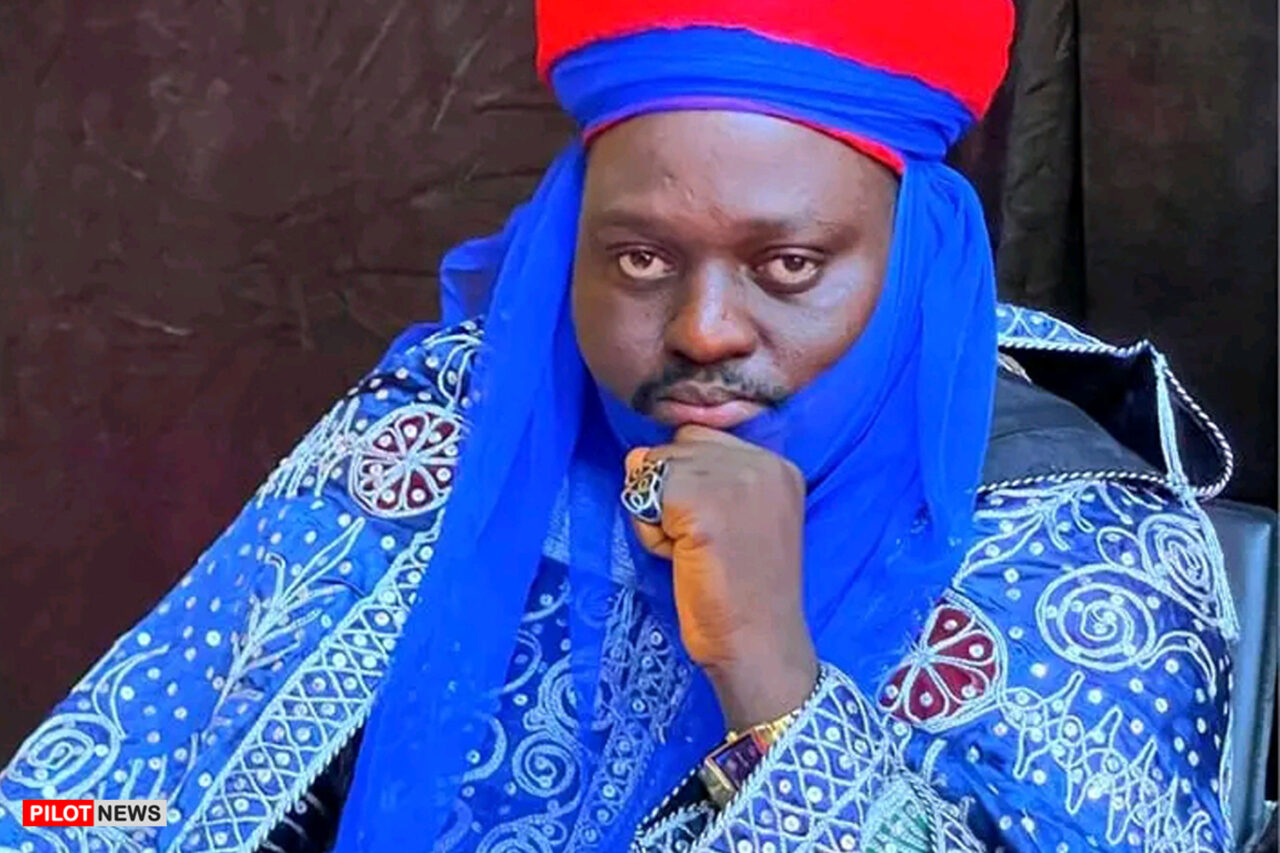Singers and songwriters from northern Nigeria are gradually coming out of their shells to talk about the wanton destruction of lives, livelihood, and property in the region. The most prominent is Apostle Victor Micah Bulus, a.k.a Autan Zaki Ikon Allah, who stirs up the hornet’s nest with his music.
Yet a decade ago, there was no such outcry from northern singers. Emmanuel Obiejemba, an independent music composer/producer based in Jos, Plateau State, told The West African Pilot News that “it has a lot to do with their religious beliefs.” Nigeria’s North is largely Muslim, with the Hausa and Fulani being the dominant ethnic groups.
“I think their religious beliefs do not permit them to question their leaders,” the music producer continued. “Northern Muslims are known to be completely loyal to their religious leaders and would obey whatever they are told. So, music activism would be quite difficult.”
In recent years, northern Nigeria – a once peaceful region devoid of crimes – has snowballed into a haven for kidnapping, banditry, insurgency, ethnoreligious conflict, and communal and herders-farmers clash. The North East and Middlebelt regions are the epicenter of this perturbing violence which worsens by the day.
The U.S. Department of State painted a picture of the insecurity challenges Nigeria is grappling with. In its travel advisory, issued January 20, the Department of State says that “violent crime – such as armed robbery, assault, carjacking, kidnapping, hostage taking, banditry, and rape – is common throughout the country.”
The advisory – an alarm to Americans and dual citizens to “reconsider travel” to Nigeria – includes a flat “do not travel” warning to the north-eastern States of Borno, Yobe and Northern Adamawa, and North Central Kogi because “the security situation in these states is fluid and unpredictable due to widespread terrorist activity, inter-communal violence, and kidnapping.”
There was a similar alert for Bauchi and Gombe (North East); and Kaduna, Kano, Katsina, and Zamfara States (North West) because of “widespread inter-communal violence and armed criminality, especially kidnapping and roadside banditry.”
The U.S. government was not bluffing. Sad narratives of killings, abductions and displacement of families in the northern part of the West African country inundate the cover pages of the nation’s national dailies.
Inspired by the heightened insecurity and religious tensions and conflicts in the northern part of the country, a “handful of musicians are embracing music activism,” said Anambra-based independent music producer Ekene Malachy in a chat with our reporter.
The lyrics of Autan Zaki’s “Sun Kashe Deborah” (They have killed Deborah) decried the continued attacks on and killing of Christians in northern Nigeria. Christians in the North experience severe hostility and threats to life and livelihood daily. They pay a huge price for their faith as they are often beaten, tortured, confined, isolated, raped, imprisoned, enslaved and even killed.
Deborah, whom the singer paid tribute to in the song, was a sophomore Christian student of a tertiary institution in the north-western predominantly-Muslim State of Sokoto who was lynched to death on the grounds of blaspheming the Prophet Mohammed and Islam in May last year. Her colleagues beat her repeatedly with stones and clubs before finally setting her on fire while shouting “Allahu Akbar” (God is the greatest) as she lay lifeless on the ground.
But “Sun Kashe Deborah” is sufficiently below the radar of mainstream visibility. Just as it is with several other songs from northern artists condemning the cascading crises in the region.
The boss of Jeplune Music Obiejemba attributes this to little or no marketing. “The problem is that those songs are not properly marketed to the point that they become viral. So, just a few people hear them,” he noted.
Adam Abdullahi Zango’s “Arewa Na Kuka” (The North Weeps) also suffered from a lack of nationwide publicity. “Arewa Na Kuka” (2020) was a call to the immediate past president, Muhammadu Buhari to urgently arrest the killing and maiming of scores in the North. “The North is crying. Our blood is being shed. Our people are being slaughtered. Our properties are being burnt,” the 37-year-old singer and actor sang in Hausa.
On the possibility of more artists from northern Nigeria coming out of their religious enclaves and using music to speak up and hold the government accountable, Obiejemba and Malachy differ slightly.
“I don’t see the possibility yet”, says Obiejemba, “until there is a shift or reorientation of the mindsets of most music artists here with regards to the purpose of doing music and the potential of music.”
But Malachy thinks that “there is a bigger hope” because “it (the worsening security situation) is now a pain that is not just for the poor or middle class but for every Nigerian irrespective of social status, religion and ethnic group.”
- Nigeria’s Defence Chief Calls for National Unity Against Terrorism - April 28, 2024
- Boko Haram Militant Surrenders to Army in Borno - April 28, 2024
- Military Commander Killed Responding to Village Attack in Katsina - April 28, 2024


